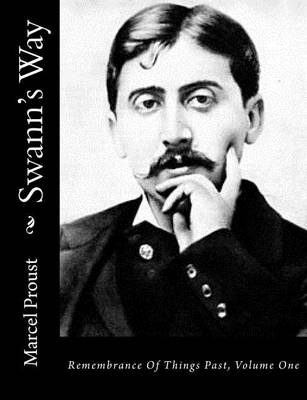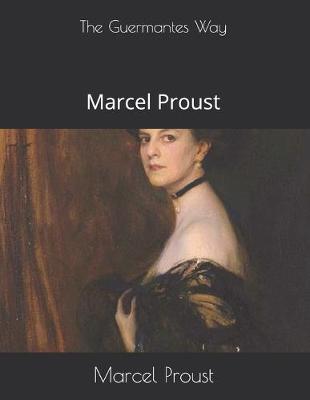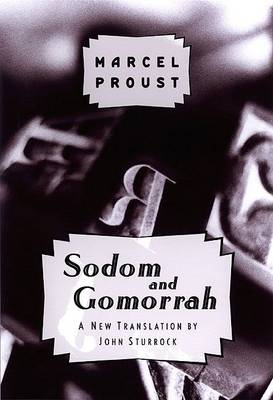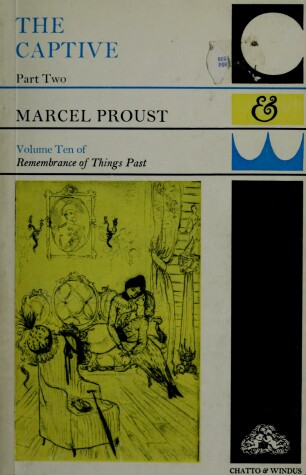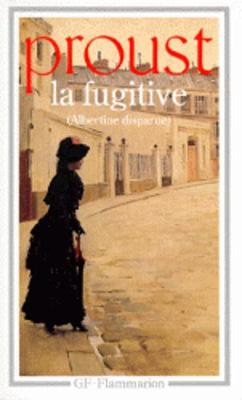Remembrance of Things Past
7 primary works • 8 total works
Book 1
The first volume of Marcel Proust’s monumental masterpiece—in the classic Scott Moncrieff–Kilmartin translation—is not only a perfect introduction to a literary landmark, it also stands on its own as one of the most sensitive renderings of childhood in fiction and a brilliant meditation on the recreation of the past through art and memory.
Swann’s Way is the most frequently read part of Proust’s epic novel, Remembrance of Things Past (also known as In Search of Lost Time). It introduces subjects that resonate throughout the entire work, including the narrator’s love for Swann’s daughter Gilberte, Swann’s jealous passion for Odette, and the rise of the nouveaux-riches Verdurins. Proust’s narrator vividly recalls his childhood in Paris and Combray, most famously in a fraught evocation of his mother’s good-night kiss and in the iconic scene where the taste of a madeleine dipped in tea brings back a flood of memory.
Book 2
Book 3
Mark Treharne's acclaimed new translation of The Guermantes Way will introduce a new generation of American readers to the literary richness of Marcel Proust. The third volume in Penguin Classics' superb new edition of In Search of Lost Time—the first completely new translation of Proust's masterpiece since the 1920s—brings us a more comic and lucid prose than English readers have previously been able to enjoy.
After the relative intimacy of the first two volumes of In Search of Lost Time, The Guermantes Way opens up a vast, dazzling landscape of fashionable Parisian life in the late nineteenth century, as the narrator enters the brilliant, shallow world of the literary and aristocratic salons. Both a salute to and a devastating satire of a time, place, and culture, The Guermantes Way defines the great tradition of novels that follow the initiation of a young man into the ways of the world.
Book 4
John Sturrock's acclaimed new translation of Sodom and Gomorrah will introduce a new generation of American readers to the literary riches of Proust. The fourth volume in this superb edition of In Search of Lost Time—the first completely new translation of Proust's masterpiece since the 1920s—brings us a more comic and lucid prose than English readers have previously been able to enjoy.
Sodom and Gomorrah takes up the theme of homosexual love, male and female, and dwells on how destructive sexual jealousy can be for those who suffer it. Proust’s novel is also an unforgiving analysis of both the decadent high society of Paris and the rise of a philistine bourgeoisie that is on the way to supplanting it. Characters who had lesser roles in earlier volumes now reappear in a different light and take center stage, notably Albertine, with whom the narrator believes he is in love, and the insanely haughty Baron de Charlus.
Book 5
Book 6
"The greatest literary work of the twentieth century." --The New York Times
A Penguin Classics Deluxe Edition
Peter Collier's acclaimed translation of The Fugitive introduces a new generation of American readers to the literary riches of Marcel Proust. The sixth and penultimate volume in Penguin Classics' superb new edition of In Search of Lost Time--the first completely new translation of Proust's masterpiece since the 1920s--brings us a more comic and lucid prose than readers of English have previously been able to enjoy.
"Miss Albertine has left!" So begins The Fugitive, the second part of what is often referred to as "the Albertine cycle," or books five and six of In Search of Lost Time. As Marcel struggles to endure Albertine's departure and vanquish his loss, he ends up in an anguished search for the essential truth of the enigmatic fugitive, whose love affairs with other women provoke in him jealousy and a new understanding of sexuality. Eventually, he lets go of Albertine and begins to find himself, discovering his own long-lost inner sources of creativity.
Book 7
Vol 11
